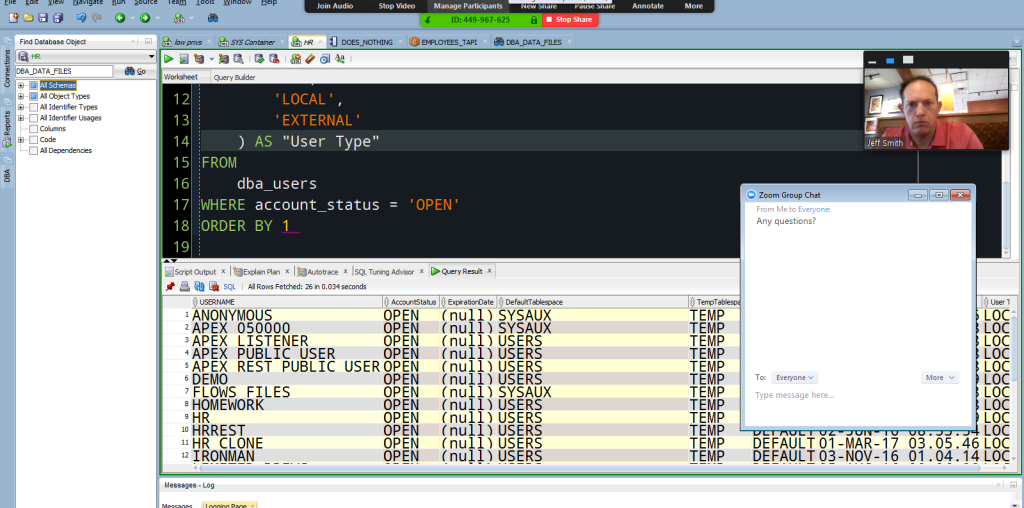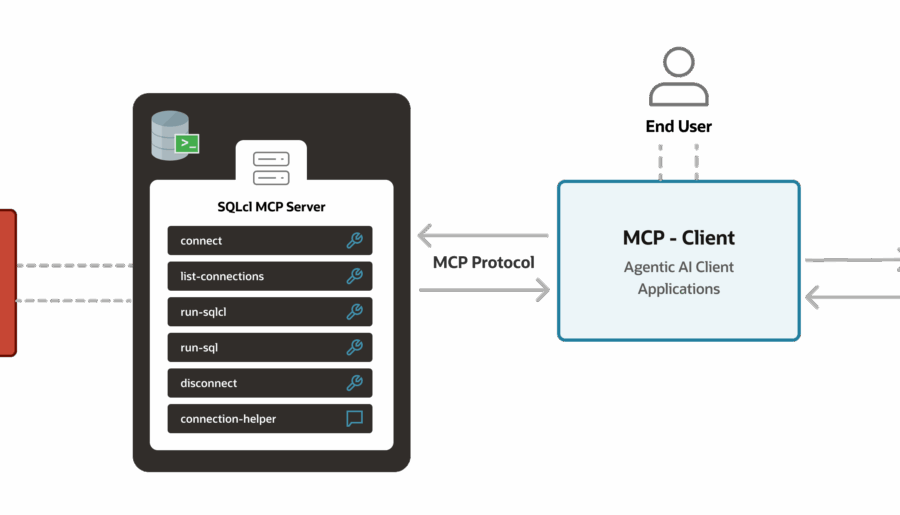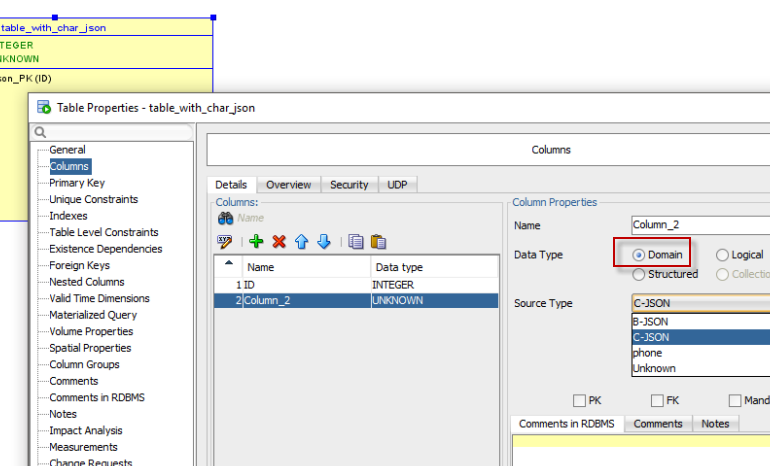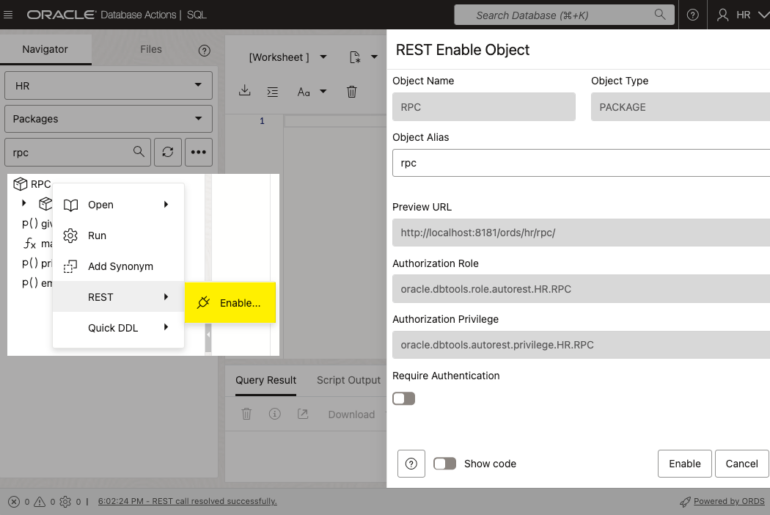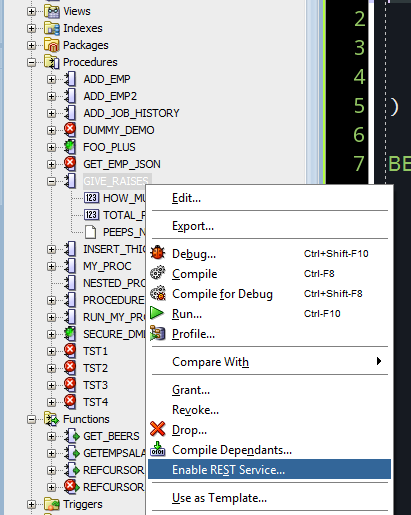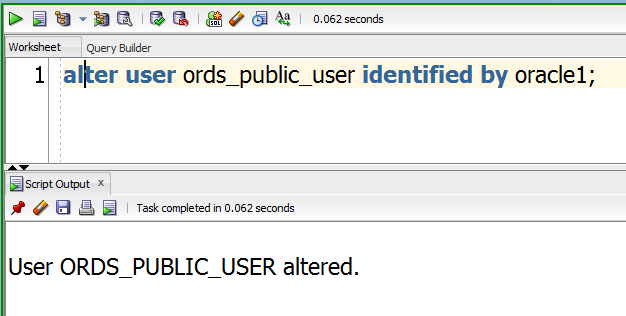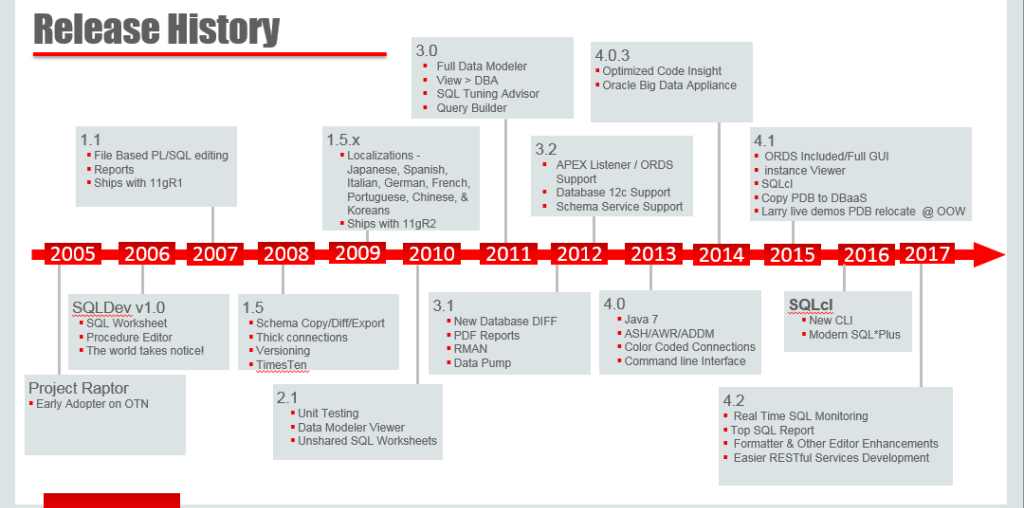Customer asks: We tried also to apply some naming conventions but I think we didn’t understand something…. Having a logical model with a table having the column X, and a glossary having the standard name as Y. Can I apply some checks based on the glossary directly in the logical or relational model? Yes, in fact you can. Basically how it will work is: You will define a glossary, having words you approve for your…
